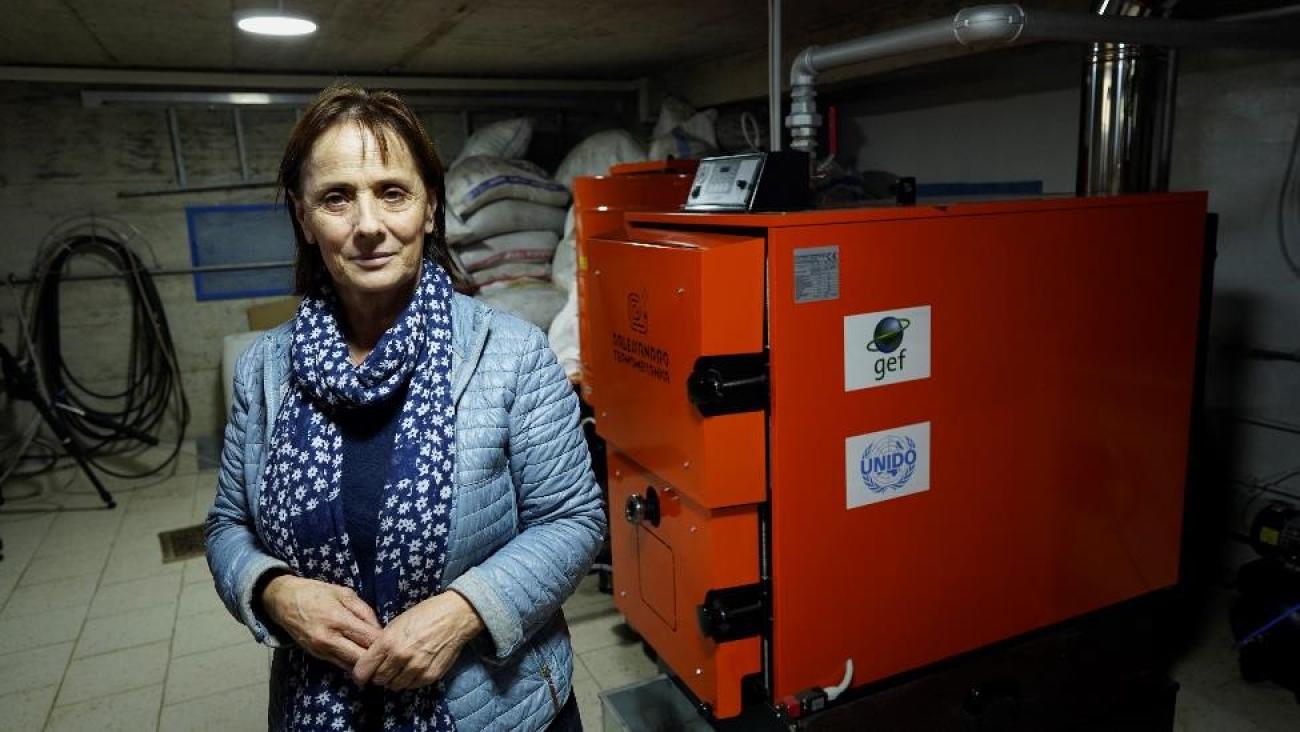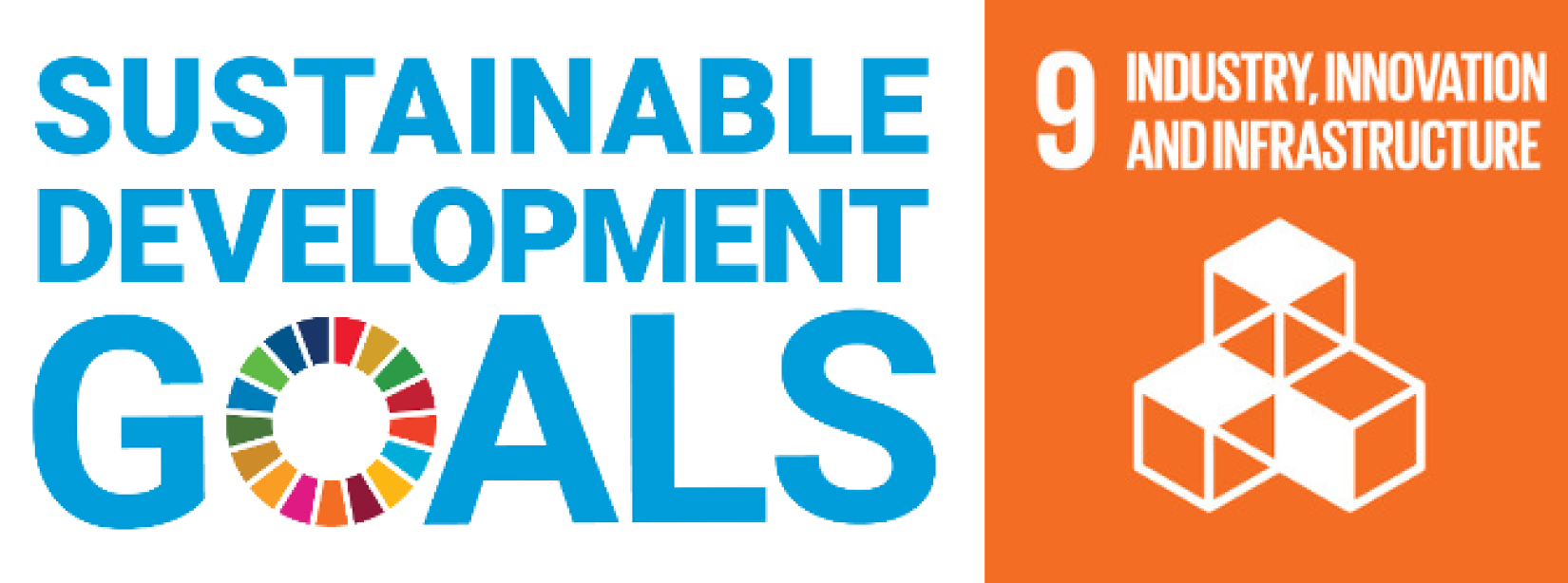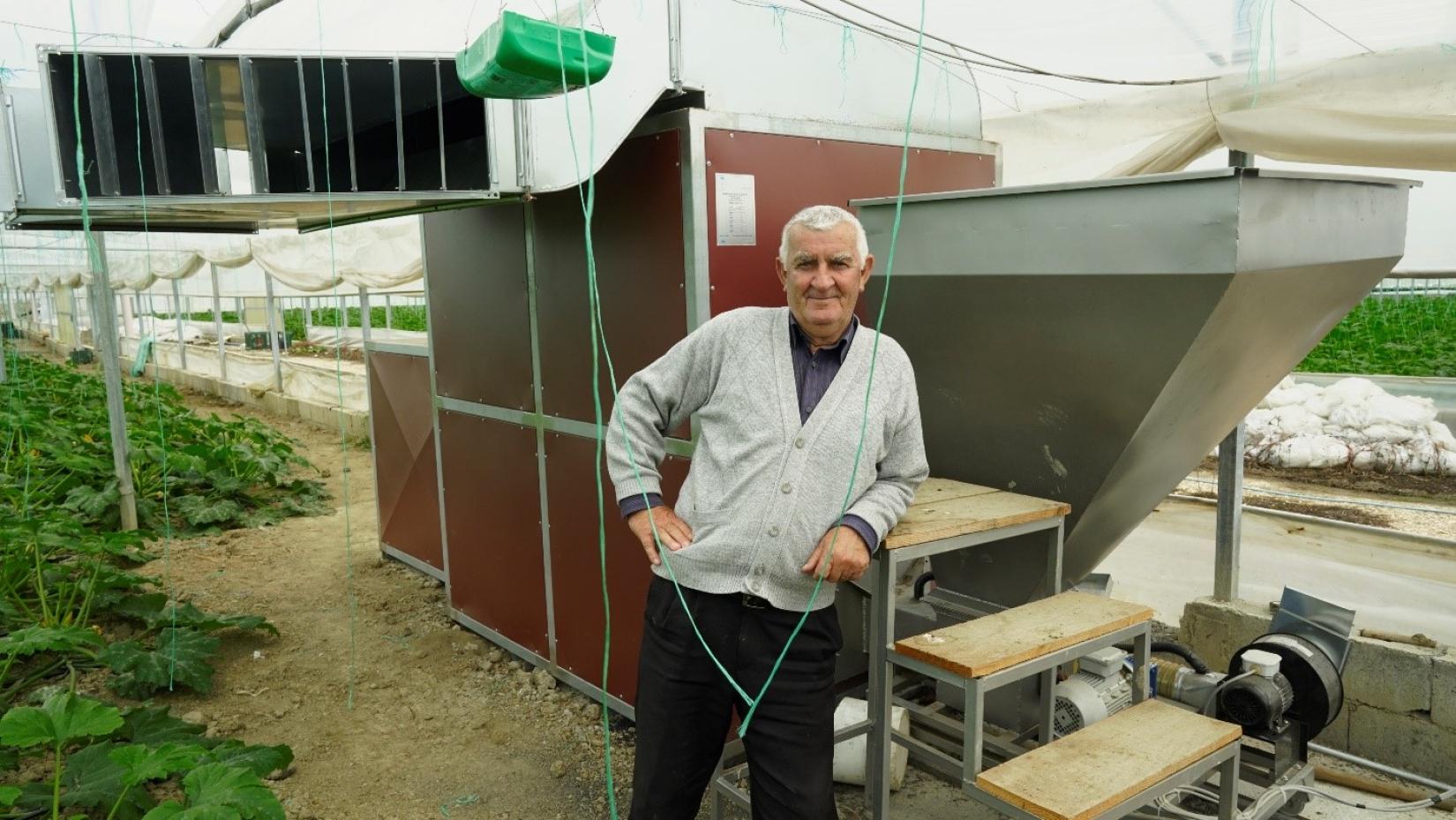Biomass energy supports the olive oil industry in Albania

-Supporting the sustainable development of Albania
The United Nations Industrial Development Organization (UNIDO) is the specialized agency of the United Nations that promotes industrial development for poverty reduction, inclusive globalization and environmental sustainability. The mandate of UNIDO is to promote and accelerate inclusive and sustainable industrial development (ISID) in developing countries and economies in transition. The organization’s programmatic focus is structured in three thematic priorities, each of which represents different aspects of ISID:
- Creating shared prosperity
- Advancing economic competitiveness
- Safeguarding the environment
- Strengthening knowledge and institutions
Each of these programmatic fields of activity contains a number of individual programmes, which are implemented in a holistic manner to achieve effective outcomes and impacts through UNIDO’s four enabling functions: (i) technical cooperation; (ii) analytical and research functions and policy advisory services; (iii) normative functions and standards and quality-related activities; and (iv) convening and partnerships for knowledge transfer, networking and industrial cooperation.
UNIDO and SDG 9
Within in the 2030 Agenda for Sustainable Development the international community has acknowledged industrialization as a driving force for economic and social development and poverty elimination. With the strong support of its 170 Member States, UNIDO actively rallied international backing for sustainable and inclusive industrialization to be part of the 2030 Agenda. The result -
SDG 9: Build resilient infrastructure, promote inclusive and sustainable industrialization and foster innovation - vindicates these efforts and represents a clear endorsement of ISID. Goal
9 acknowledges that industry and industrialization are the main drivers of inclusive and sustained economic growth, environmental sustainability and shared prosperity.

Context – Renewable energy to promote ISID
Today, for the poorest people, the opportunity to overcome the development divide strongly depends on the possibility to access energy to transform their products and develop the local economy. In this context, renewable energies, in particular through distributed generation, represent an opportunity for local populations to cover their energy requirements, create employment and income generation without destroying the environment. Renewable energy allows an inclusive and sustainable industrialization which drives human development; from job generation to economic competitiveness, from strengthening security to empowering women. Now more than ever, the world needs to ensure that the benefits of energy are available to all and that energy is provided as cleanly, safely and efficiently as possible.
Moving towards a low carbon development in Albania
UNIDO in cooperation with the Government of Albania, is implementing a GEF-5 funded project on demonstrating the use of biomass for energy production in the olive oil industry, targeting and engaging SMEs in the initiatives that promote the use of innovative and environmentally friendly energyte chnologies. Setting up the market environment that allows and promotes the use and replication of bio-energy technologies will lead to significant greenhouse gas emission reductions and help Albania in its transformation towards low carbon development.
The overall objective of the project is to increase the use of bio-energy technology applications for the production of energy in the olive oil industry through successful application in
target enterprises.
The GEF-UNIDO project aims to transform the market for using organic waste from the olive oil and other industries for energy production. It aims to achieve this through triggering
investment in organic olive and other industry waste-to energy projects, through market demonstration, development of appropriate financial instruments, capacity building and by
strengthening the policy and regulatory environment.
The project is based on the approach to engage the private sector, facilitating sustainable industrial development and strengthening the policy framework to enable an anchorage in
national institutions and hence to foster economic growth. By working closely with SMEs, national ministries, partner agencies, academia, industrial associations, financial institutions, potential investors and autonomous research centers in the country and abroad, the project will establish an effective awareness campaign and platform to mobilize interest among targeted beneficiaries and ensure an increased use of biomass energy in industrial sectors.
Empowering women entrepreneurs in rural areas
In general, almost all olive oil and food processing SMEs in Albania are located in rural areas, where unemployment ratios are high. Women constitute up to 40% of the work force in
these enterprises. Therefore support in strengthening such SMEs through utilization of bio-energy will promote favorable social and economic conditions of women entrepreneurs and
workforces in these regions.

Outlook
Investments are expected to increase due to the long term outcomes of the project activities; the policy component will strengthen the policy and institutional framework to enhance penetration and scaling up of the use of biomass and other processed products; awareness raising and capacity building activities will contribute to significant indirect reduction of CO2 emissions.
At a glance
Project title: Biomass energy for productive use for small andmedium enterprises (SMEs) in the olive oil sector in Albania
Implementing Agency: UNIDO
Donors and Partners: GEF, Ministry of Tourism and Environment, Ministry of Infrastructure and Energy, Ministry of Agriculture and Rural Development, National Agency for Natural Resources, Albanian Association of Olive Producers, SMEs and Financial Institutions.
SDG: 7, 9, 13
Budget: GEF project grant: USD 927,000; Co-financing total: USD: 4,507,000



